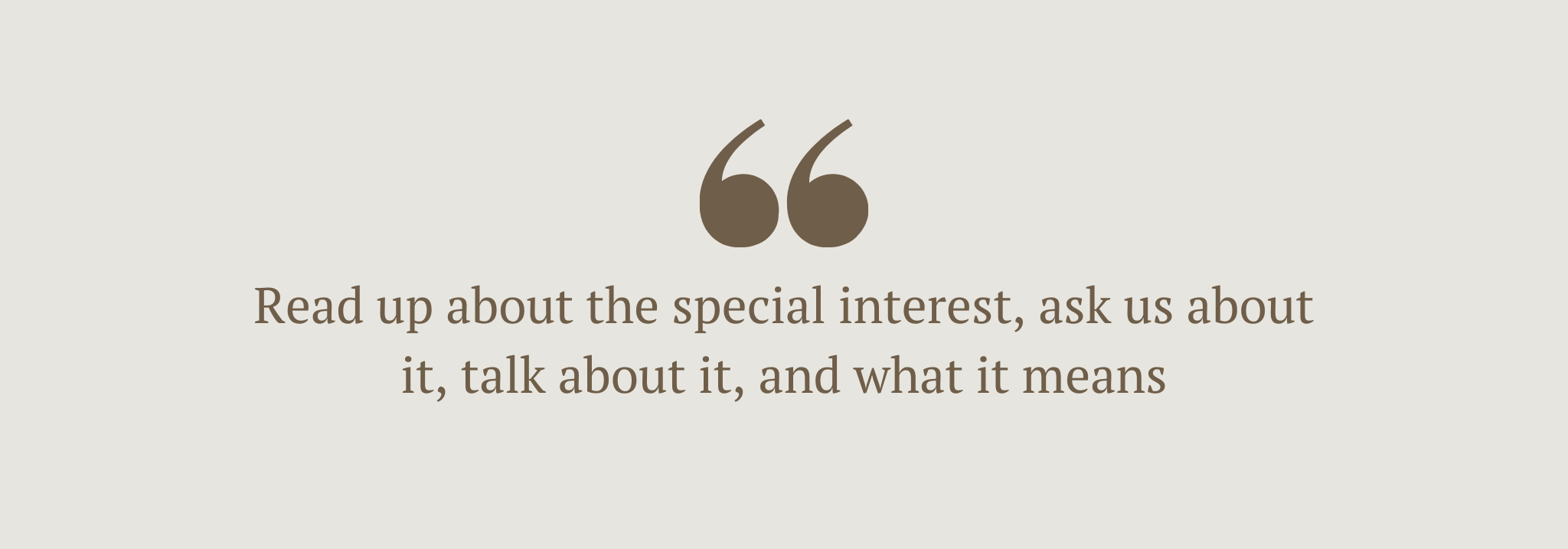
From learning about special interests to communicating in different ways, here’s what you can do to deepen your friendship
I am autistic, and I have been diagnosed for almost a decade. I’m also an award-winning freelance journalist, an editor, and an author. Sometimes I am recognised as an expert in my field, too. But, in law, I am recognised as a disabled person – with some ‘extras’ I need to take account of.
My diagnosis makes me a member of the least employed disability group, as well as more likely to be at risk from issues such as addiction, poor mental health, economic violence, and friendship-related issues – the latter being a topic of imperative importance. We are targets for ‘mate crime’, and many experience bullying – but we often hanker for connection, too.
These are a few hacks that I would like the other side of the aisle to know about when it comes to how to support your friend(s), who also happens to be autistic.
Read up about their ‘special interest’
A special interest is a hallmark of the autistic spectrum, and refers to when someone is compelled to learn as much as possible about any given topic or concept, often in detail that may seem abnormal to other people.
They are not ‘obsessions’, and they are fundamental to good mental health in an autistic person. This can be anything from carrots to Agatha Christie novels. To know that there is another person who has some awareness about the interest is like gold dust; something to connect about. So read up about the special interest, ask us about it, talk about it, and what it means – it’s a way to make a meaningful connection.

Think about the social setting and accommodations
An autistic individual may experience sensory issues, but they can be accommodated.
Each sensory profile is different; some of us cannot abide noise, while others need to lap up any extra stimulation. Every autistic person is different, so ask us what our sensory needs are, and take those into account when socialising. If you’re going on holiday, there are sensory rooms in airports that can be booked. AccessAble is a company that offers information across a range of venues to give you the autonomy to decide where to go. This will mean everyone can enjoy the social occasion.
Be aware of change and surprises
A surprise can be a lovely thing – if you’re not on the autistic spectrum. A surprise is something that has a weight to it, and is a social expectation that we might not be able to read – the anxiety that this can induce is overwhelming.
The same goes for change; it is not a concept that we are able to completely avoid in life, but we need time to get used to it, and to work out the anxiety and the overwhelm that this can cause. For example, if you’re going to be late, let us know as soon as possible. Setting up this context allows us to adjust, as well as to have time to prepare ourselves.
Direct communication is a virtue
The ‘double empathy problem’ is a theory that suggests that, contrary to popular wisdom where communication is a ‘two-way’ connection, when it comes to autistic people this is often not the case – and that when people with very different experiences of the world interact, they may struggle to empathise with each other.
An autistic person has to do the ‘work’ of a conversation – e.g. constructing their speech, ‘translating’ it to be understood by a non-autistic individual – while also having to take into account things such as inflection, tone, and being palatable enough to be understood and received.
This is a lot of work for us, and it is deeply refreshing if the noise in the background is cut out. Therefore, direct communication is a virtue, and make sure that you are prepared for us to answer directly.

Think of ‘the pebble theory’
Penguins are known for giving prospective partners a pebble as a gift, something which sparked ‘pebble theory’, which refers to sincere, small actions that can include gift-giving in a friendship or relationship.
Sometimes, an autistic individual may express their emotions differently, such as by ‘doing’ rather than ‘saying’. So, giving a ‘pebble’, rather than verbalising said affection by saying ‘I love you’. Keep this in mind throughout your friendship, get to know their ‘love language’ in that respect, and treasure those ‘pebbles’.

